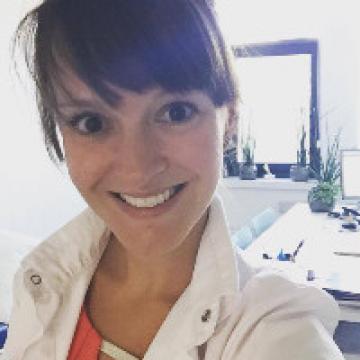dr. Nicky Somers (MD)
CRIG member

Specialist in training in Internal Medicine – Gastroenterology & Hepatology UZ Gent
Biography
I am a medical doctor, with an extensive interest in oncology. This predilection grew out of my previous career as a nurse, where I spent 6 years caring for oncology patients during their surgical treatment.
I am delighted to complement my specialization training in Internal Medicine with the doctoral training on Hepatocellular Carcinoma and additional courses in palliative medicine and advisory medicine for end-of-life decisions (LEIF).
I am a specialist in training in Internal Medicine (Gastroenterology & Hepatology UZ Gent).
Contact & links
- Lab address: Campus UZ Gent, Corneel Heymanslaan 10, 9000 Ghent, Belgium